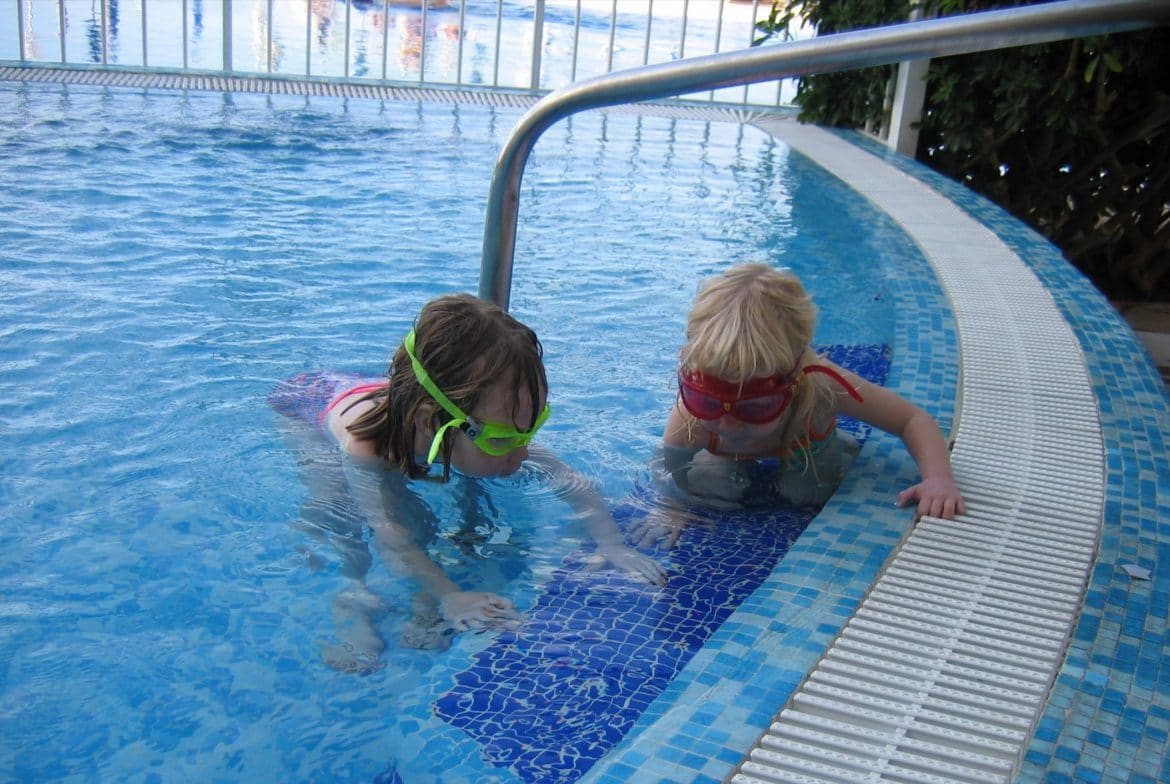‘How the hell should I know how to breathe?’ an Alexander Technique teacher trainer asked, making the point that we can’t control this natural process, directly. We can to some extent get out of our own way, and let it happen. But when we think about our breathing, we tend to interfere with it.
“Breathing is a function of the organism as a whole. It cannot be improved by separating one phase of the cycle, e.g, downward excursion of the diaphragm.” Frank Pierce Jones, Freedom to Change. Or, ‘..the right thing does itself’ F.M. Alexander.
So be wary of swimming teachers who tell you how to ‘do’ it.
Picture yourself at the leisure centre doing 40 lengths of breaststroke, perhaps swimming against the clock. How good are your chances of letting your body breathe naturally? We could ask this question about any form of vigorous exercise but swimming is uniquely challenging because of the need to move the head at frequent intervals in order to inhale.
“Take a quick bite of air”, said Terry Laughlin, about front crawl. ‘Make a popeye shape with your mouth,’ I read in a book called Swim Smooth… ‘Not if I can help it,’ I thought.
It is possible to let air out freely into the water then allow it to come in without tightening the neck and gasping, but it requires a lot of preventive thinking and, if we’re too focused on our goals, our chances are going to be slim.
However much we like being in water, however at home we feel, it isn’t really natural for us to use swimming for travelling any significant distance. But it is natural for us to be in water, especially underwater. That’s where we all came from. This might be why children enjoy it so much. When we float about with our head resting face down in water, or swim underwater, it can feel like coming home, and then air might come out without our doing anything.
When you become aware that swimming for some kind of personal challenge is causing your breathing to suffer, go back, to something more simple, easy and natural. Float about and enjoy the support of water, coming up for air when you need to and taking your time. Swimming soon becomes a different activity altogether.
This kind of experience, of exploring, playing, letting things happen, without the constraints of getting anything right, or trying to make progress, is worth getting in water for. But most end-gaining adults spend more time turning the freedom that water gives us into its opposite, by swimming to get somewhere.


